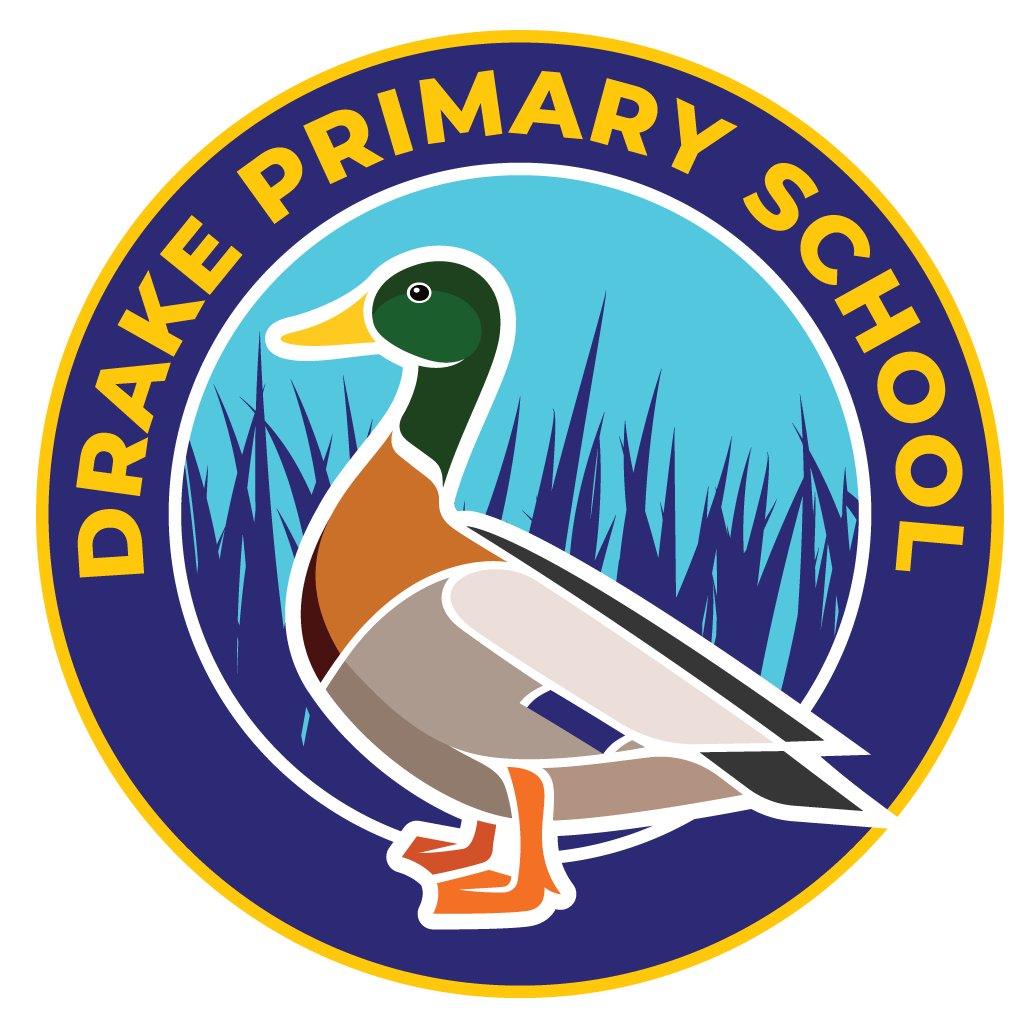Pupil Premium
Pupil Premium was introduced in 2011, the pupil premium is a sum of money given to schools each year by the Government to improve the attainment of disadvantaged children.
Disadvantaged children are those who are in receipt of Free School Meals, Looked After Children or previously looked after and Forces Families.
This is based on research showing that children from low income families perform less well at school than their peers. Often, children who are entitled to pupil premium face challenges such as poor language and communication skills, lack of confidence and issues with attendance and punctuality or unsettled home life. The pupil premium grant is intended to directly benefit the children who are eligible, helping to narrow the gap between them and their classmates.
In this financial year the Secretary of State for Education has laid down the following terms and conditions on which assistance is given in relation to the pupil premium grant (PPG) payable to schools and local authorities for the financial year beginning 1 April 2019. PPG provides funding for two policies:
- raising the attainment of disadvantaged pupils of all abilities to reach their potential
- supporting children and young people with parents in the regular armed forces
If you require any additional information about Pupil Premium please contact the office.
Below are the Pupil Premium Grant expenditure information.
-
The Education Endowment Foundation: EEF Guide to the Pupil Premium In June 2019, we published a new guide on the Pupil Premium. The EEF Guide to the Pupil Premium aims to support schools in spending their Pupil Premium to maximise the benefit for their students.
-
Department for Education: Policy paper - Pupil premium Published 18 October 2019 Publicly-funded schools in England get extra funding from the government to help them improve the attainment of their disadvantaged pupils. Schools must show how they’re using their pupil premium effectively by publishing a statement.
Pupil Premium Strategy Report 2023-2026
Pupil Premium strategy report 2021 2022
Pupil Premium Strategy report 2020-2021 including Covid 19 Catch up premium
Pupil Premium Strategy report 2019 2020
Pupil Premium Strategy 2018-2019
Pupil Premium Strategy Statement 2016-2018
-
Department for Education Articles and advice for children and young people.
